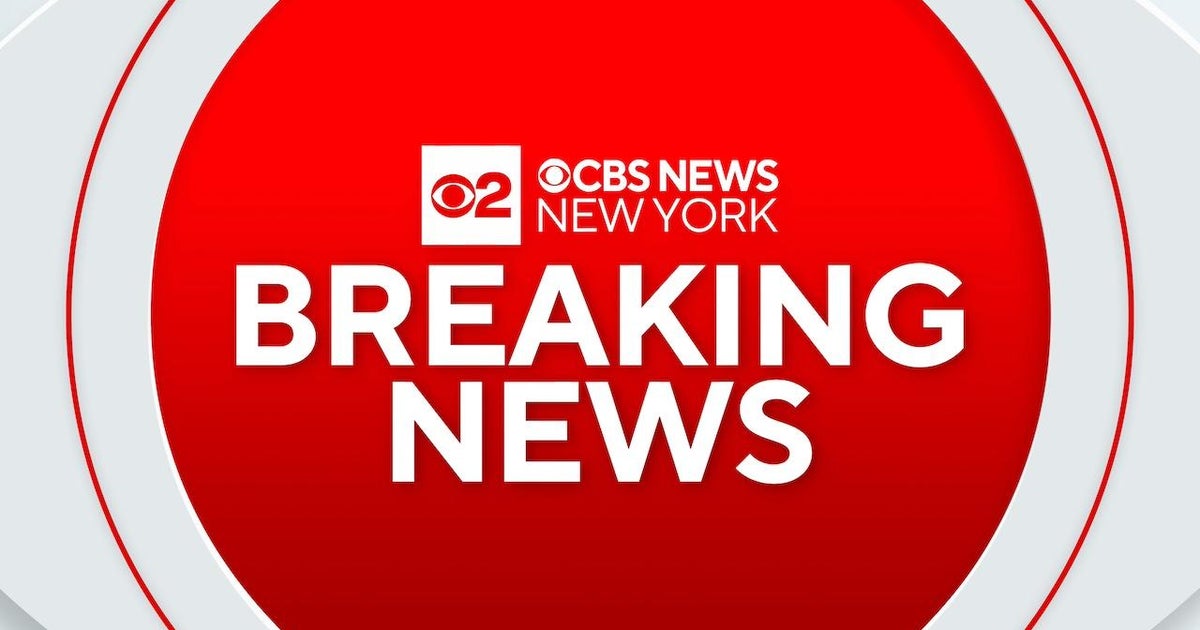Summary:
The Partnership for New York City (PFNYC) has publicly supported the merger of Tapestry and Capri, the companies behind Coach, Michael Kors, and Kate Spade.
The FTC is seeking to block the merger, arguing that it would harm consumers by reducing competition in the “accessible luxury” handbag market.
The PFNYC, whose members include prominent Wall Street figures, believes the merger would bolster the New York fashion industry and create a luxury national champion.
The PFNYC's intervention highlights the influence of big business in New York City politics and the potential for a shift in antitrust enforcement under a new administration.
The case raises questions about the future of mergers and acquisitions in the US, particularly with the FTC's scrutiny of “serial acquirers”.
New York's Business Elite Rally for Fashion Merger, Signaling Potential Shift in Antitrust Policy?
The Partnership for New York City (PFNYC), a non-profit organization representing the city's business interests, has thrown its weight behind the proposed merger of Tapestry and Capri, the companies behind brands like Coach, Michael Kors, and Kate Spade. The move has raised eyebrows as it signifies a possible shift in the stance towards antitrust enforcement, particularly if Vice President Kamala Harris wins the upcoming presidential election.
The FTC has filed a lawsuit to block the merger, arguing that it would harm consumers by eliminating competition in the “accessible luxury” handbag market. However, the PFNYC, whose members include prominent Wall Street figures and M&A experts, sees the merger as a way to bolster the New York fashion industry and create a luxury national champion.
The letter sent by the PFNYC to New York senators and representatives called the FTC's action “ideologically motivated” and a “clear case of regulatory over-reach.” This statement reflects a broader concern among business leaders that the current administration, under President Joe Biden, has been overly aggressive in its antitrust enforcement.
The PFNYC's intervention highlights the influence of big business in New York City politics. With the upcoming presidential election, many in the city are looking for a change in the administration's stance towards corporations. The support for the Tapestry/Capri merger could be a sign that the next administration, led by Harris, might be more receptive to corporate interests and less stringent in antitrust enforcement.
The case itself also presents a novel argument, as the FTC is scrutinizing “serial acquirers,” companies that buy smaller competitors as their primary growth strategy. This raises questions about the future of mergers and acquisitions in the US.
While Harris's views on competition and economic issues remain unclear, her ties to Wall Street and Silicon Valley have given the billionaire class hope that she will not be as aggressive as Biden in enforcing antitrust rules. The PFNYC's support for the Tapestry/Capri merger could be a telling sign of what to expect if Harris becomes president.
Ultimately, this case highlights the complex relationship between business, politics, and antitrust law in New York City. The outcome of the merger battle and the next presidential election could have a significant impact on the future of corporate consolidation and the role of the government in regulating competition.









Comments
Join Our Community
Create an account to share your thoughts, engage with others, and be part of our growing community.